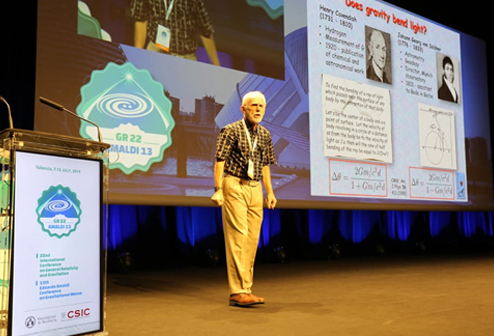Scientific discoveries and the development of new technologies affect directly our everyday lives. People need to have access to reliable and understandable explanations on the characteristics and impact of these discoveries. The physics community has the obligation to engage its members in outreach activities that can help increase the scientific literacy of the population.
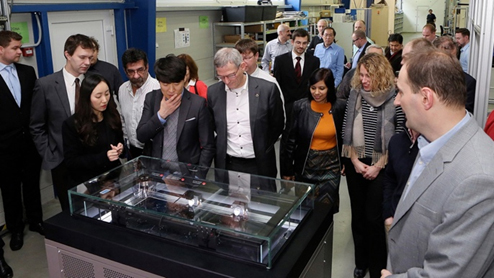
It is especially urgent now in view of the growth of fake news, pseudoscience, misinformation and wide-spread beliefs not based on scientific evidence that circulate through social networks.
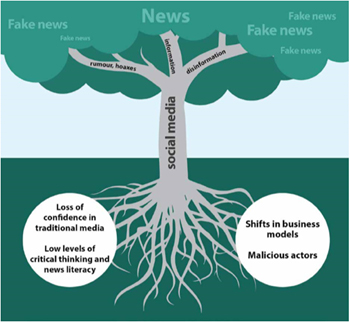
Increasing scientific literacy will also result into attracting more people to careers in STEM, something that is necessary to fill in the growing number of jobs in the area. A deep involvement of the scientific community in outreach activities will also help reduce pervasive stereotypes on science and scientists that affect career choices.
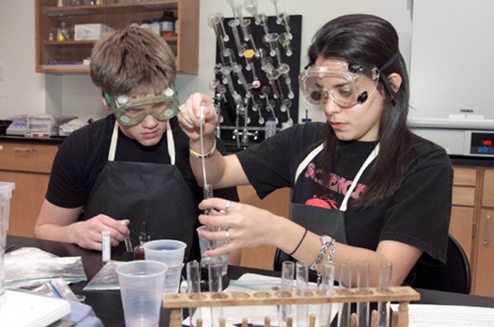
Stereotypes have many times acted negatively, affecting especially women and minorities that are more likely subjected to the so-called stereotype threat1. Showing science’s variety and the diversity of its practitioners is an important aspect of scientific outreach to which the scientific community can contribute.
1 Steele CM, Aronson J. “Stereotype threat and the intellectual test performance of African Americans.” J Pers Soc Psychol. 1995 Nov;69(5):797-811.
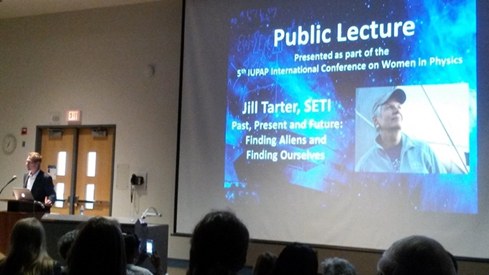
The IUPAP has two main ways to induce change: issuing recommendations for its country members to uptake and promote in their own countries; enforcing rules on its own organizational structure or on the activities it sponsors. Within the latter, it is important to notice that the IUPAP Working Group on Women in Physics issued a recommendation, subsequently approved by the IUPAP GA, requesting that outreach activities be organized within the context of scientific conferences. It would be important that all major IUPAP sponsored conferences followed this advice and had outreach activities organized for the general public as it was the case of the last General Assembly of 2017 in Sao Paulo, Brazil.
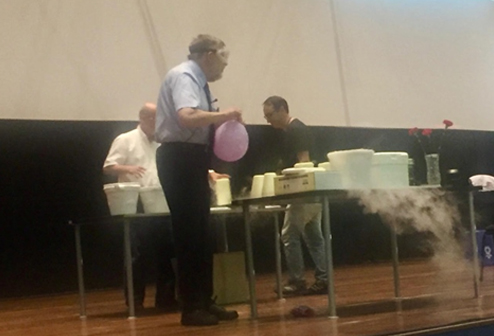
The IUPAP has recently renamed one of the Vice-President positions as Vice-President at Large with responsibility for Outreach and Ethics to reflect the increasing relevance that the Union is giving to this indivisible part of the scientific endeavor. The efforts in this regard will certainly be potentiated through the activities that are being organized to celebrate the IUPAP Centennial and the International Year for Basic Sciences for Sustainable Development (IYBSSD) and via a more active presence on social networks.
